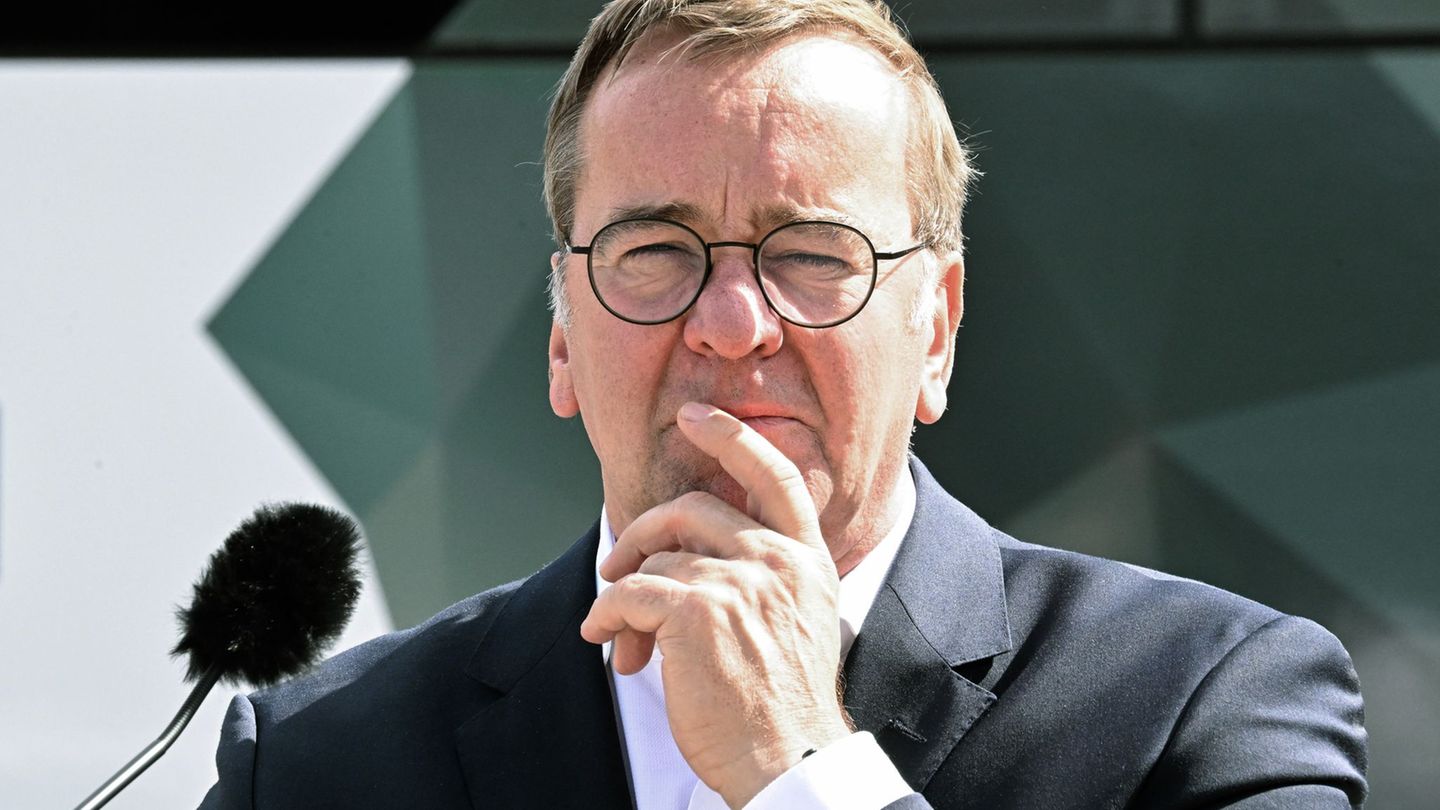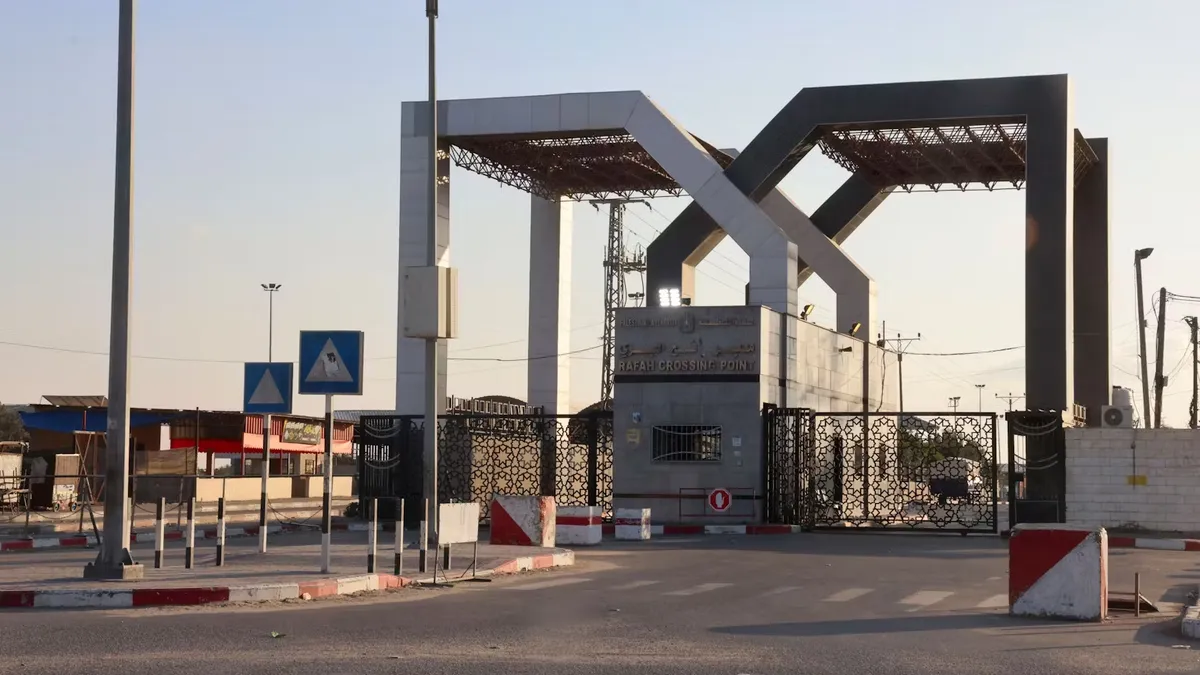In the affair surrounding possible fraud in climate projects in China, Environment Minister Lemke has assured that the activities have been stopped as of July 1. The Union is nevertheless sharply critical.
Environment Minister Steffi Lemke (Greens) has announced an immediate halt to the activities in question in connection with the scandal surrounding fraud in climate protection projects in China. It is possible that this is a case of “serious environmental crime,” Lemke said in the Bundestag. “I take these allegations very seriously. We are presumably dealing with an attempted fraud, with a network of fraud.” The system was stopped on July 1. Since then, it has no longer been possible for German oil companies to apply for new projects in the alleged fraud system.
Lemke sees “shattered trust”
The background to this is that German companies may have repeatedly claimed a climate protection contribution that never existed – because some projects in China probably did not exist. “It is clear that trust has been shaken and that these allegations must now be thoroughly investigated,” stressed Lemke.
The Federal Environment Agency is following up on all indications of suspected fraud, she assured. “Consistent investigations are being carried out here.” It was a mistake by the previous government to introduce this fraud-prone system in the first place, said Lemke in the Bundestag’s Environment Committee. There, the minister had to answer questions about the dubious processes at midday. The Union sharply criticized the handling of the alleged fraud cases.
This was made possible by a mechanism that allows mineral oil companies in Germany to achieve their legally prescribed climate targets with the help of climate protection projects in China. In the system, companies can improve their greenhouse gas quotas if CO2 emissions are saved within the supply chain – including abroad.
They can therefore finance projects that reduce emissions in the oil sector and, if the corresponding certificates are accepted, they will be credited towards their carbon footprint in Germany. These “Upstream Emission Reduction” projects (UER) are then counted towards the greenhouse gas reduction quota in transport. The projects, for which all new applications have now been stopped, are approved by the Federal Environment Agency, an authority subordinate to the Ministry of the Environment.
40 of 69 projects suspected of fraud
Lemke explained to the Environment Committee that out of a total of 69 projects in China, 40 are currently under particular scrutiny due to suspected fraud. A complaint has also been filed with the Berlin public prosecutor’s office. Two of the projects are now being reversed “due to violation of the requirements,” she continued. Overall, the Federal Environment Agency is currently reviewing all projects in China and ten others in other countries. According to Ingrid Hanhoff, head of department in the Ministry of the Environment, these include projects in Nicaragua, Uzbekistan and Azerbaijan. When asked by the AfD in the committee, Hanhoff stressed that no German drivers had been harmed in any of the incidents. However, environmental and climate protection had certainly been damaged.
Sharp criticism from the Union
The environmental policy spokeswoman for the Union parliamentary group, Anja Weisgerber, spoke of a “control failure” for which Lemke was responsible. “The minister bears political responsibility for this and is coming under increasing pressure,” she said after the committee meeting. Lemke left many questions unanswered. “The minister must face the question of how such a large number of obvious errors could have gone unnoticed for years.” It is also incomprehensible why the processes were only stopped with effect from July 1. Projects that have already been approved could also run for longer, criticized Weisgerber. The Ministry of the Environment says that a project approved before July 1 “can generate reductions and certificates for a maximum of one year.” On September 1, 2025, “this will definitely come to an end, regardless of how long the project ran.” As of September 1, 2025, no new certificates can be generated.
Lemke sees the responsibility for the current fraud cases with the previous government of the CDU/CSU and SPD. Regarding the timetable for the investigation, Lemke explained that the UBA only reported a first case to her ministry at the end of August last year. However, this was “vague”. It was only towards the end of the year that the indications of possible fraud became more concrete, explained the minister. Lemke admitted, however, that the monitoring of activities did not work in every place.
UBA boss Dirk Messner also recently highlighted this weakness in an interview with “Welt am Sonntag”. He explained that the China projects were not being checked on site by his department, but by certification companies. “The verification mechanism is based on trust in the verifiers and validators,” he said. The UBA is “reaching the limits of verifiability” here.
Source: Stern




